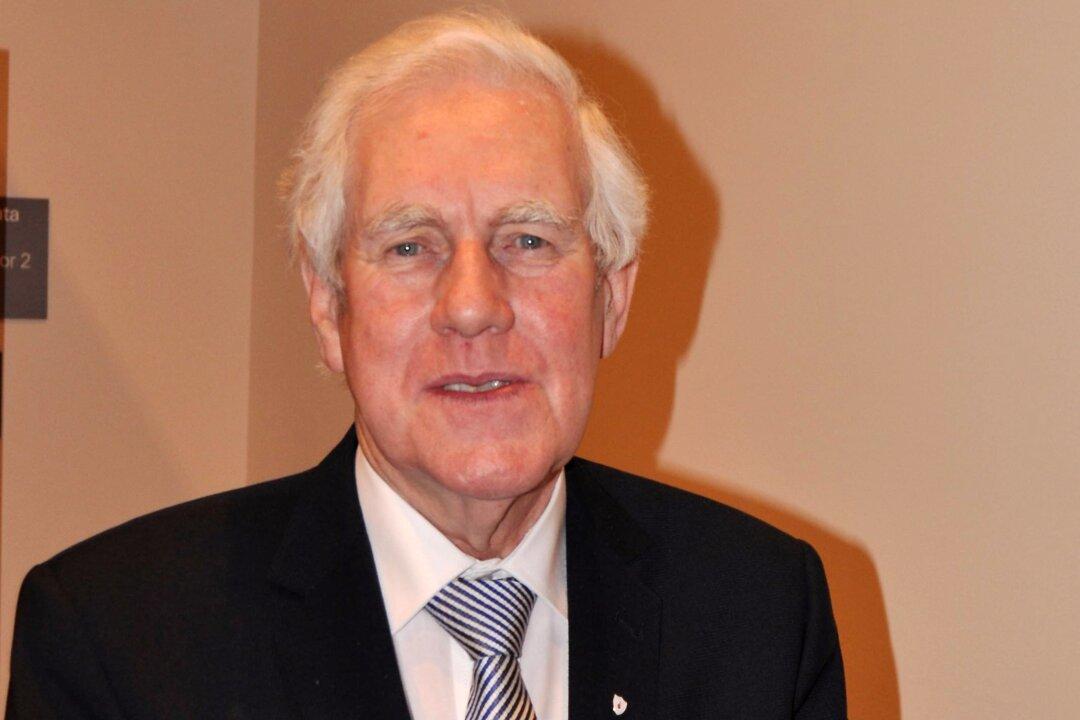“A lot of the time families in particular feel shame; they find it very difficult to come for sessions because they are terribly afraid that they are going to be blamed, that is just a shocking way to look at it. These people actually need help as well, to manage their own distress,” said Toni O'Connor, Phd student currently conducting researching on partners of people with eating disorders.
“There are very little resources in Ireland for treatment. BodyWhys the eating disorder association of Ireland really do try and push that agenda … it just remains under the radar. However, the HSE seem to be acting on it with outpatient services, but it needs to be built up big time,” said Toni.
According to the Expert Group on Mental Health Policy, 2006, “upper prevalence rate of 5,000 cases per 100,000 of population has been estimated for all eating disorders which would translate to a figure as high as 200,000 cases in Ireland. The vast majority of individuals with eating disorders are female, in the 15-40 age groups.”
With respect to these figures Ms O'Conner said that the issue with eating disorders that often gets missed is that it’s got the highest mortality of all psychiatric disorders, higher than depression. “No matter how much we try to push that it doesn’t seem to get the attention it deserves. If you are really looking at best precise guidelines for treatment it does take up a lot of resources,” said Toni adding that she suspected that costly treatments associated with eating disorders may be why this issue is not getting as much attention as other mental health issues.
Reasons for New Study
Ms O‘Connor has worked in the area of eating disorders for 25 years. In recent years she has moved from adolescents to adults and does a lot of work with families and partners of people with eating disorders. The key trigger for Ms O’Connor’s study in this area was when she was working with a couple a few years ago. A woman with a personal eating disorder was going home for the weekend from daycare. Her husband was struggling to support her and suggested to her that if she ate for him at the weekend he would reward her by buying her a fancy item she had her eye on.
“Well, I was just flabbergasted because I thought oh my gosh, this is the way that he thinks he is going to be supportive of his wife. It was very much like that sort of parent child thing that you might do to encourage a child to eat. I guess it was from there that I realised that this man has no idea where to go from here,” said Toni O'Connor who added that it was on the ground of that conversation that she decided to look into the area of partner support.
There wasn’t a huge amount of literature available out there for partners and when she went looking in depth there was about 4 papers specifically written in relation to partners of people with eating disorders. “That was it really, that’s where I got my inspiration and went from there.”
Toni is doing a grounded theory study, which is a research tool which enables you to seek out and conceptualise social patterns and structures of your area of interest through the process of constant comparison, one is supposed to be unbiased.
“It’s about developing a theory because there is nothing out there, you then look at where you go from there in terms of what it is the partners want or are looking for. I can’t go in there and say these partners are looking for support - I don’t know that, that’s what the whole study is about,” said Toni.
“It’s about the partners experience; what they might find helpful or not helpful. I’m kind of coming to a stage now where the analysis is really coming together for me. It’s not even coming out about them wanting support; that isn’t what they are talking about actually. They are very much talking about how they are reconstructing their lives to fit in with the eating disorder and that is kind of the piece that is coming out.”
Toni says she is a way from deciding what she is going to do with this theory because it has not come together fully.
With grounded theory you interview and analyse at the same time. “You go in there with an open mind you can’t make an assumption that these partners are looking for support. It’s been a big learning curve for me and I think this is why it’s been helpful to do a grounded theory study because having worked in the area for so long I have my own assumptions made and actually a lot of them are unfounded or they are not quite right.”
Toni explains that sometimes when you have an assumption in your head you work with what you might find or identify information that supports your own assumptions. “Going in to this, a lot of those assumptions have been challenged.”
One of them to Toni explained and it wasn’t just her assumption because before she started she carried out three interviews with colleagues - just as a pilot.
“All of them which supported my assumptions felt that control was going to be the issue that would come up a lot. So control in a relationship, and although it did come up it was nothing like we thought, it has hardly featured in the analysis.”
Secrecy
It has emerged that partners of people who have eating disorders tend to keep secrets to protect their partner from the stigma. “The secrets are kept for other reasons as well because people might look at the relationship as being faulty; certainly the partners are saying that they are aware of the stigma and the interesting piece is there was only one partner out of all the people I interviewed who knew another partner in the same position. So they are keeping it secret. But why?”
Toni believes that when someone is under-eating the partner compensates and eats food off their plate especially when they are out, so it looks like the ill partner is eating. “This behaviour is a form of secrecy and covering up the eating disorder. Some times they may make lavished food to encourage their partner to eat and they end up eating it themselves,” said Toni who added they end up putting on weight but they don’t have an eating disorder.
“Even if nothing else I’m certainly more empathetic with the partners when I meet with them. I’m really much more inclined to hear both sides of the story. It’s so important that it is not just the patient you hear,” concluded Toni.
Toni O'Connor’s study continues. If you have a partner who has an eating disorder and would like to take part of if you know someone who would, you can contact Toni on [email protected]



